Programme
Welcome to The 2nd IAFOR Conference for Higher Education Research – Hong Kong (CHER–HongKong2019), an interdisciplinary conference held at Lingnan University in Hong Kong, November 8–10, 2019.
Welcome to The 2nd IAFOR Conference for Higher Education Research – Hong Kong (CHER–HongKong2019), an interdisciplinary conference held at Lingnan University in Hong Kong, November 8–10, 2019.
Held at Lingnan University in Kong Kong, CHER–HongKong is the ideal forum in which to discuss emerging regional and global issues, and to keep up to date with the latest interdisciplinary research.
The IAFOR Conference for Higher Education Research – Hong Kong is organised by IAFOR in partnership with the IAFOR Research Centre at Osaka University, Japan.
The online version of the Conference Programme is now available to view below via the Issuu viewing platform. Alternatively, download a PDF version. The Conference Programme can also be viewed on the Issuu website (requires a web browser). An Issuu app is available for Android users.
The Conference Programme contains access information, session information and a detailed day-to-day presentation schedule. All registered delegates who attend conference receive a printed copy of the Conference Programme at the Registration Desk on arrival.
To register as an Audience member, please visit the Audience Registration page. Thank you.
Held at Lingnan University in Hong Kong, The IAFOR Conference for Higher Education Research – Hong Kong is a multidisciplinary conference co-organised by The International Academic Forum (IAFOR), Lingnan University (Hong Kong), the Asia Pacific Higher Education Research Partnership (APHERP), and in affiliation with the Centre for Global Higher Education (CGHE).
Given the rate of change in today’s world, the future has never seemed less certain, to either students or teachers. This conference will concentrate on the role of formal education in preparing students for uncertain futures, and for societies that are changing at great speed.
To the positive aspects of globalisation that have transformed how we work and interact with each other, we must also consider the more negative impacts on societies and the natural environment. Nationalism, regionalism, populism and authoritarianism are frequently driven by fear-based politics, driven by the idea of an uncertain present, and scary future.
Technologies have made life better in so many ways, but they have also contributed to great losses of personal privacy, and increased reports of alienation as social media and online life vie for time with “real” life. Until fairly recently, technology was driven by policy, as opposed to the current situation where it exists before any ramifications can be fully considered.
Artificial intelligence and robots are already replacing many more routine jobs, and while technology may create many as yet unimagined jobs, teachers and professors are in the position of having to educate for the unknown. How then do we respond effectively to uncertain futures by repurposing education? How do we reimagine teaching, lecturing, nurturing, mentoring, and the curation and transmission of knowledge? How do we prepare for students to thrive when confronted with the unexpected? How do we plan for as yet unknown disruptive change?
This CHER conference will look at these questions and more. In these times of change, one thing is certain, we have a lot to learn from each other. We look forward to challenging discussions, engaging ideas, and helping to shape the future when we meet at the conference.
We look forward to seeing you there!
– The CHER-HongKong Advisory Board and Organising Committee
Bernard Charnwut Chan, Executive Council of the Government of the Hong Kong SAR, Hong Kong
Joseph Haldane, IAFOR, Japan
Barbara Lockee, Virginia Tech, USA
Joshua Mok, Lingnan University, Hong Kong
Deane Neubauer, East-West Center, USA
Susan Robertson, University of Cambridge, UK
Justin Sanders, Temple University, Japan Campus
Winnie Tang, Smart City Consortium, Hong Kong
Ada Wong, Lingnan University, Hong Kong
 This conference is associated with the Scopus and DOAJ listed IAFOR Journal of Education.
This conference is associated with the Scopus and DOAJ listed IAFOR Journal of Education.
*Submit early to take advantage of the discounted registration rates. Learn more about our registration options.



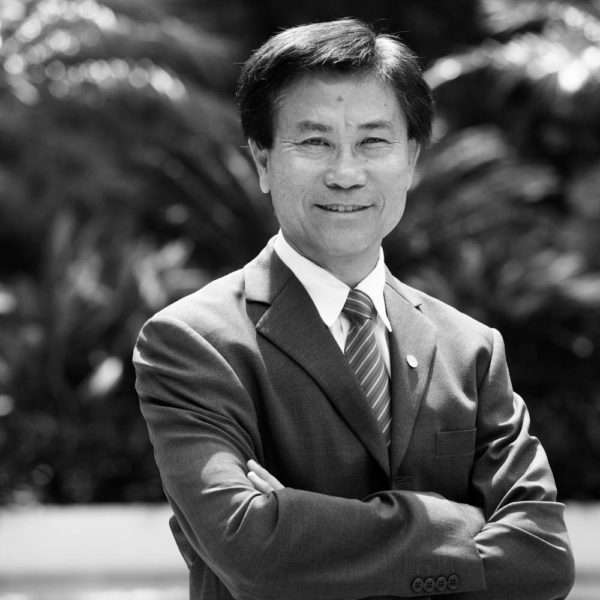
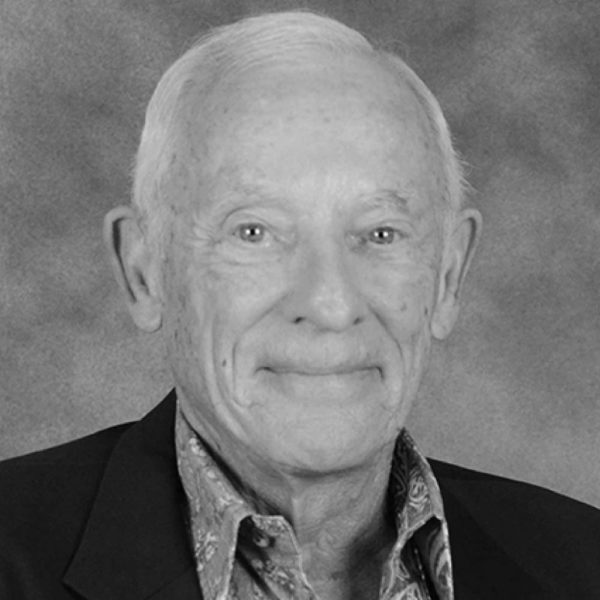
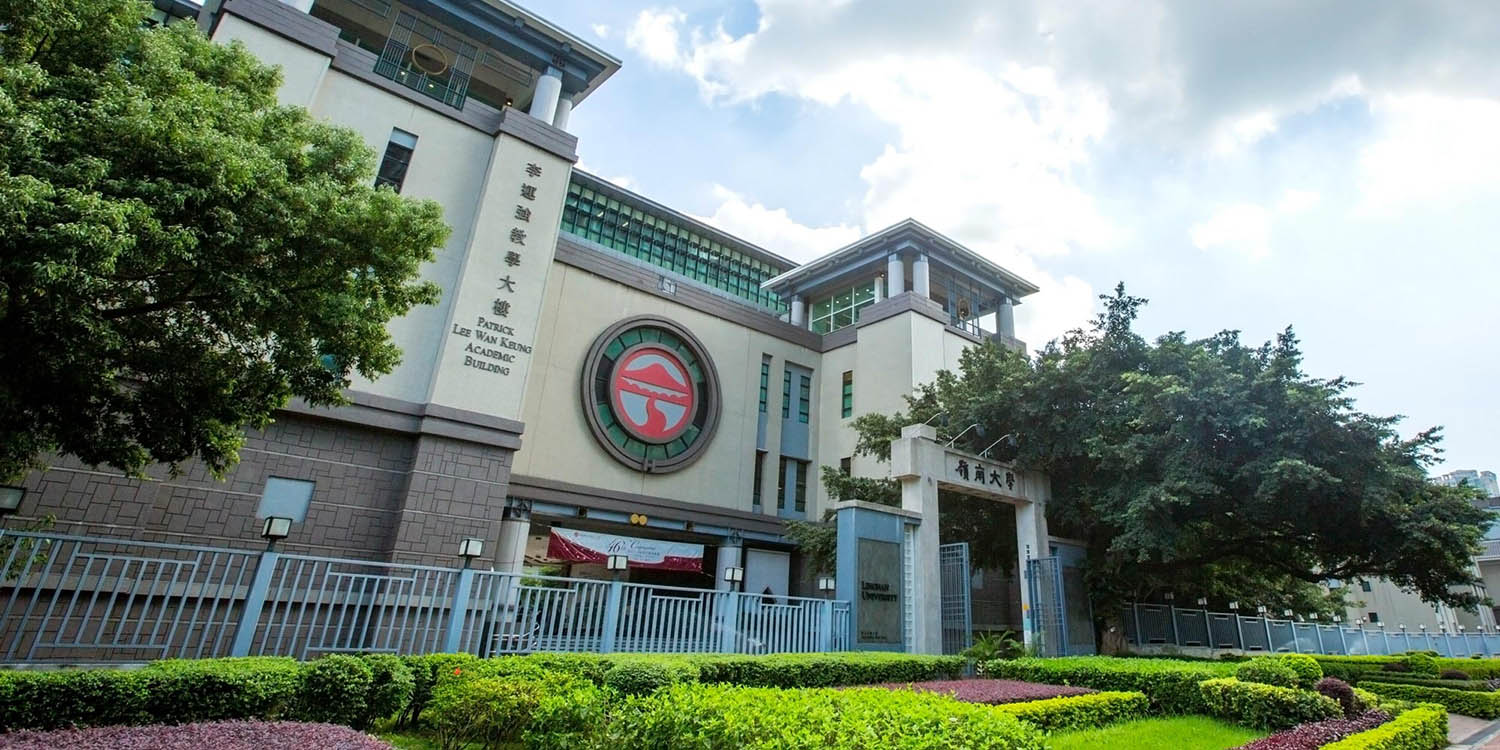
Founded in Guangzhou in 1888 and re-established in Hong Kong in 1967, Lingnan has the longest history among all local tertiary institutions. Its vision is to be a leading Asian liberal arts university with international recognition, distinguished by outstanding teaching, learning, scholarship and community engagement. Lingnan is committed to providing quality whole-person education by combining the best of Chinese and Western liberal arts traditions; nurturing students to achieve all-round excellence and imbuing them with our core values; and encourage faculty and students to contribute to society through original research and knowledge transfer.
On the auspicious occasion of celebrating its golden jubilee, Lingnan has achieved a leap in ranking that puts it in the top 100 Asian universities in the Quacquarelli Symonds (QS) Asia University Rankings 2018. In 2015, Lingnan University was also named as one of the top 10 liberal arts college in Asia by Forbes. Lingnan is dedicated to building an international campus and actively establishing strategic collaborations with prominent universities worldwide.
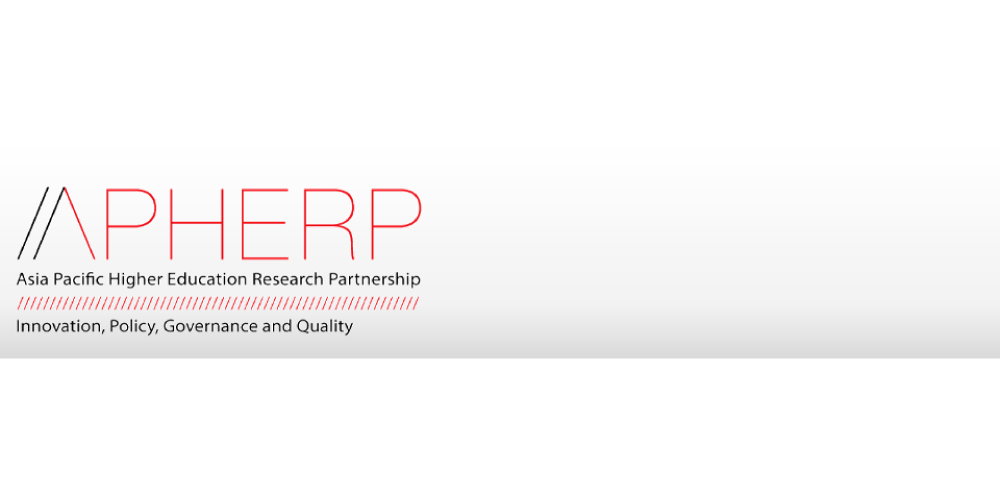
The Asia Pacific Higher Education Research Partnership (APHERP) is the Research Consortium co-launched by Lingnan University together with University College London’s (UCL) Institute of Education’s Centre for Global Higher Education in the UK, King’s College London’s Department of International Development, and the University of Bath’s International Centre for Higher Education Management in the UK. APHERP is also supported by leading institutions in Asia: Peking University, Tsinghua University, Zhejiang University and South China University of Technology in China, Hiroshima University in Japan, and National Chung Cheng University in Taiwan.
Selected papers after serious academic reviews will be selected for publications by:
IAFOR promotes and facilitates new multifaceted approaches to one of the core issues of our time, namely globalisation and its many forms of growth and expansion. Awareness of how it cuts across the world of education, and its subsequent impact on societies, institutions and individuals, is a driving force in educational policies and practices across the globe. IAFOR’s conferences on education have these issues at their core. The conferences present those taking part with three unique dimensions of experience, encouraging interdisciplinary discussion, facilitating heightened intercultural awareness and they promoting international exchange. In short, IAFOR’s conferences on education are about change, transformation and social justice. As IAFOR’s previous conferences on education have shown, education has the power to transform and change whilst it is also continuously transformed and changed.
Globalised education systems are becoming increasing socially, ethnically and culturally diverse. However, education is often defined through discourses embedded in Western paradigms as globalised education systems become increasingly determined by dominant knowledge economies. Policies, practices and ideologies of education help define and determine ways in which social justice is perceived and acted out. What counts as "education" and as "knowledge" can appear uncontestable but is in fact both contestable and partial. Discourses of learning and teaching regulate and normalise gendered and classed, racialised and ethnicised understandings of what learning is and who counts as a learner.
In many educational settings and contexts throughout the world, there remains an assumption that teachers are the possessors of knowledge which is to be imparted to students, and that this happens in neutral, impartial and objective ways. However, learning is about making meaning, and learners can experience the same teaching in very different ways. Students (as well as teachers) are part of complex social, cultural, political, ideological and personal circumstances, and current experiences of learning will depend in part on previous ones, as well as on age, gender, social class, culture, ethnicity, varying abilities and more.
IAFOR has several annual conferences on education across the world, exploring common themes in different ways to develop a shared research agenda which develops interdisciplinary discussion, heightens intercultural awareness and promotes international exchange.
Founded in 2009, The International Academic Forum (IAFOR) is a politically independent non-partisan and non-profit interdisciplinary think tank, conference organiser and publisher. Based in Japan, its main administrative office is in Nagoya, and its research center is in The Osaka School of International Public Policy (OSIPP), a graduate school of Osaka University. IAFOR runs research programs and events in Asia, Europe and North America in partnership with universities and think tanks, and has also worked on a number of multi-sector cooperative programs and events, including collaborations with the United Nations and the Government of Japan.
Authors have the optional opportunity of identifying whether their paper addresses either the 2020 IAFOR Special Theme and/or one of the ongoing IAFOR Special Areas of Focus.
At a time when nationalism and ethno-centrism have become ascendant ideologies and provide easy refuge from the anxieties generated by globalisation and economic uncertainty, it is far too easy to see “difference” as a problem rather than an opportunity. Yes, cultural, religious, linguistic, and social differences can make us uncomfortable. They can be frightening, unsettling, and intellectually challenging. At the same time, they are enormously generative. It is only through encountering cultures and belief systems unlike our own that we learn anything about the flaws and limitations inherent in our own perspectives.
“Difference” is the source of innovation and change. While negotiating the difficulties of seemingly incompatible belief systems may pose tremendous challenges to us all, the payoffs for actively seeking out, celebrating, and working to converse across profound differences are manifold. As we learn about others, we learn about ourselves. And through those encounters, we have the opportunity to chart a future in which difference does not lead to violence, intolerance, or retrenchment, but instead is celebrated as the source of our collective strength.
In line with its organisational mission, IAFOR encourages, facilitates and nurtures interdisciplinary research, with an emphasis on international and intercultural perspectives. Current areas of focus of the organisation include the following ongoing collaborative programmes and initiatives.

Francis Green is a Co-Investigator on CGHE’s social and economic impact of higher education research programme. Francis is Professor of Work and Education Economics at UCL Institute of Education. He writes on skills, education, training, job quality and industrial relations issues, and has worked as an advisor to the OECD, the European Union, the World Bank, and the UK and Singapore governments.
He is the author of Skills and Skilled Work. An Economic and Social Analysis (Oxford University Press, 2013).

Adam R. Nelson is Professor of Educational Policy Studies and History at the University of Wisconsin-Madison. He received his Ph.D. in history from Brown University. His publications include Education and Democracy: The Meaning of Alexander Meiklejohn, 1872-1964 (2001); The Elusive Ideal: Equal Educational Opportunity and the Federal Role in Boston’s Public Schools (2005); Education and the Culture of Print in Modern America, co-edited with John L. Rudolph (2010); and The Global University: Past, Present, and Future Perspectives, co-edited with Ian P. Wei (2012). He is currently writing a book titled Empire of Knowledge: Nationalism, Internationalism, and American Scholarship, 1780-1830. His research has been funded by grants from the National Endowment for the Humanities, the National Academy of Education/Spencer Postdoctoral Fellowship Program, the Charles Warren Center for Studies in American History at Harvard, the Advanced Studies Fellowship Program at Brown, and the Vilas Associate Program at the University of Wisconsin-Madison. He co-directs the “Ideas and Universities” project of the Worldwide Universities Network (WUN; see https://wun.ac.uk/wun/research/view/ideas-and-universities).
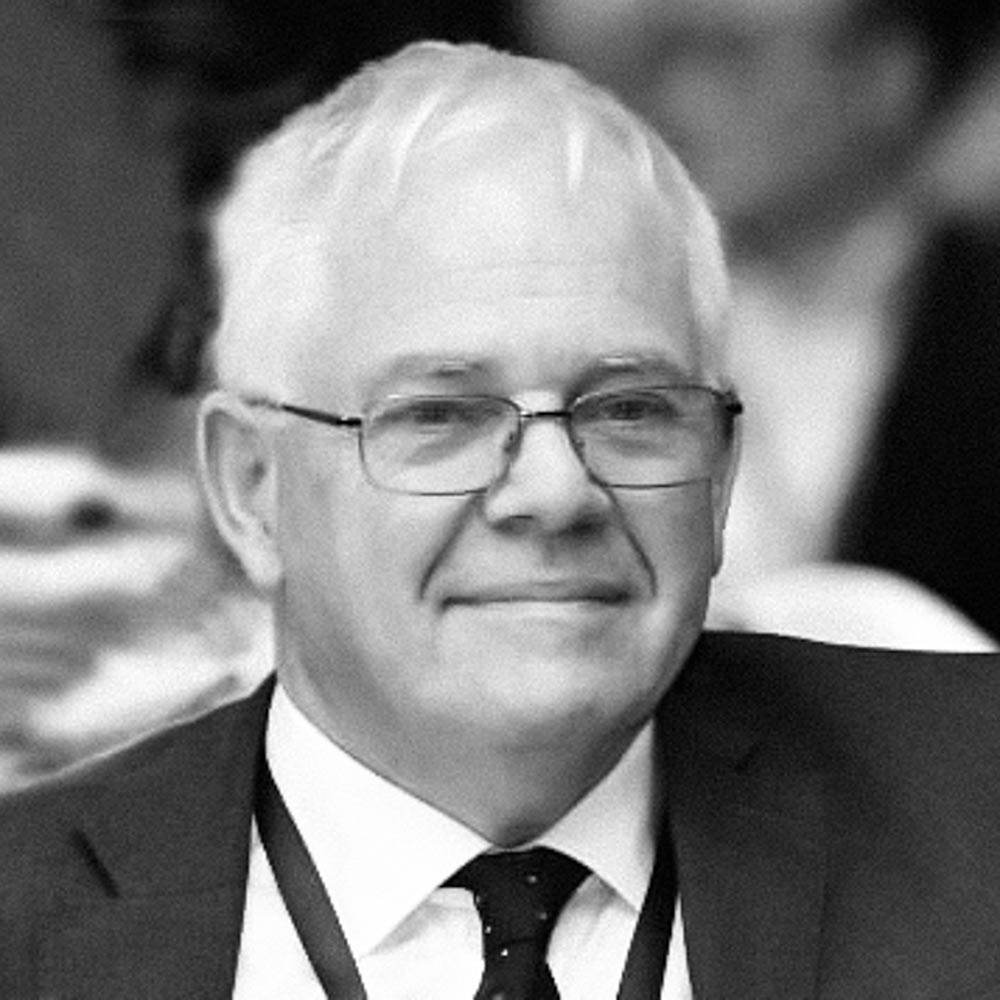
Simon is Professor of International Higher Education at the University of Oxford, Editor-in-Chief of the journal Higher Education, and a member of the Editorial Board of the Tsinghua Journal of Education. Simon has worked at the University of Oxford since September 2018. Prior to that he was Professor of International Higher Education at the UCL Institute of Education (2013–2018), Professor of Higher Education at the University of Melbourne (2006–2013), and Professor of Education at Monash University (2000–2006). He was the Clark Kerr Lecturer on higher education at the University of California, Berkeley in 2014, and in the same year received the Distinguished Research Award from the Association for Studies of Higher Education in the United States. He is a member of Academia Europaea, a Lifetime Fellow of the Society for Research into Higher Education in the UK, and a Fellow of the Academy of Social Sciences in the UK and Australia.
Simon is one of the most cited scholar-researchers in the world in the field of higher education studies (h-index Google Scholar 51, Web of Science 16). He draws on and integrates a range of social science disciplines in his work, primarily political economy and political philosophy, historical sociology and social theory. He works primarily on globalisation and higher education, international and comparative higher education, and higher education and social inequality. He is currently researching the public good contributions of higher education, and completing a book with colleagues on the implications of the worldwide trend to high participation systems of higher education.
His books include Markets in Education (1997), The Enterprise University (with Mark Considine, 2000), Global Creation (2009) and Imagination (2010) with Peter Murphy and Michael Peters, International Student Security (with Chris Nyland, Erlenawati Sawir and Helen Forbes-Mewett, 2010), Higher Education and Globalisation (edited with Roger King and Rajani Naidoo, 2011), Higher Education in the Asia-Pacific: Strategic Responses to Globalisation (edited with Sarjit Kaur and Erlenawati Sawir, 2011), Higher Education in Vietnam (with nine co-authors, 2014), The Age of STEM (edited with Brigid Freeman and Russell Tytler, 2015), The Dream is Over: the Crisis of Clark Kerr’s Californian Idea of Higher Education (2016) and Higher Education and the Common Good (2016).
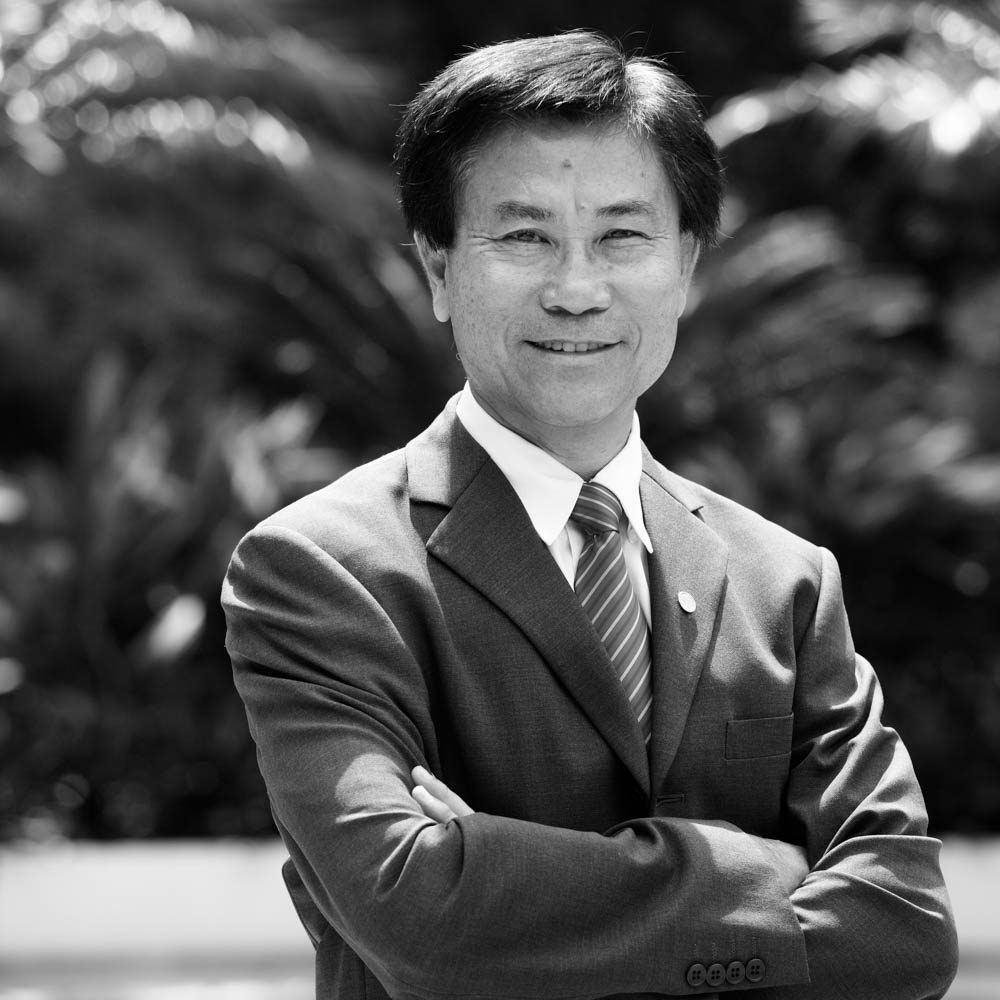
Professor Leonard K Cheng is President of Lingnan University, Hong Kong. After his PhD at the University of California, Berkeley, he taught at the University of Florida for 12 years. He joined the School of Business and Management of the Hong Kong University of Science and Technology in 1992, where he served as Head of Economics, Associate Dean, Director of PhD and MBA programmes, Acting Dean and Dean. He joined Lingnan University as President in September 2013.
Professor Cheng’s research interests include applied game theory, market structure, currency crisis, international trade and investment, technological innovation and imitation, and China’s inward and outward foreign direct investment.
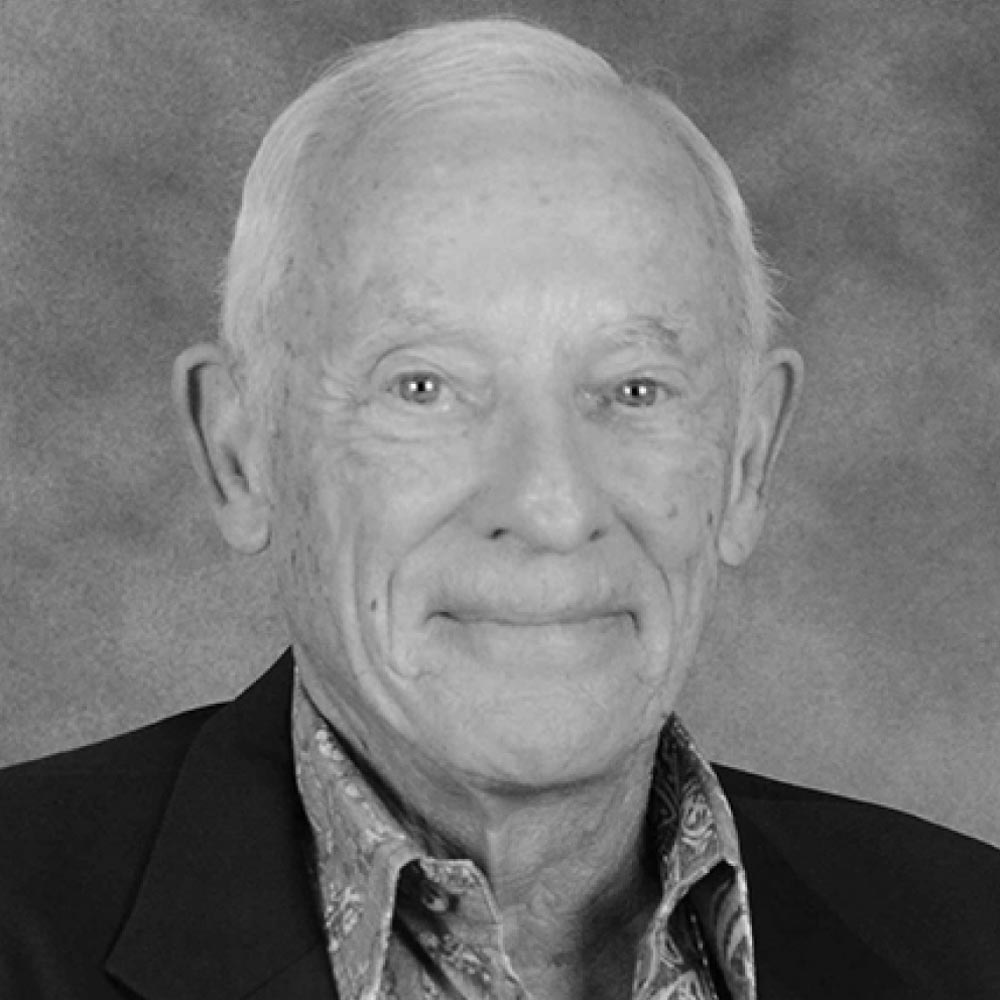
Deane Neubauer is Professor Emeritus of Political Science at the University of Hawaii, Manoa. He currently also serves as the Associate Director of the Asia Pacific Higher Education Research Partnership (APHERP) which conducts a wide range of policy-focused research with a special focus on higher education. He is also currently an adjunct fellow of the East-West Center, in Honolulu, Hawaii. Deane holds a BA from the University of California, Riverside, and MA and PhD degrees from Yale University. Over the course of his career he has focused on a variety of political and policy areas including democratic theory, public policy, elections and various policy foci, including education, health, agriculture and communication. He has held a wide variety of administrative positions at the University of Hawaii, Manoa and the 10 campus University of Hawaii system. He also has over twenty-years experience in US-oriented quality assurance.
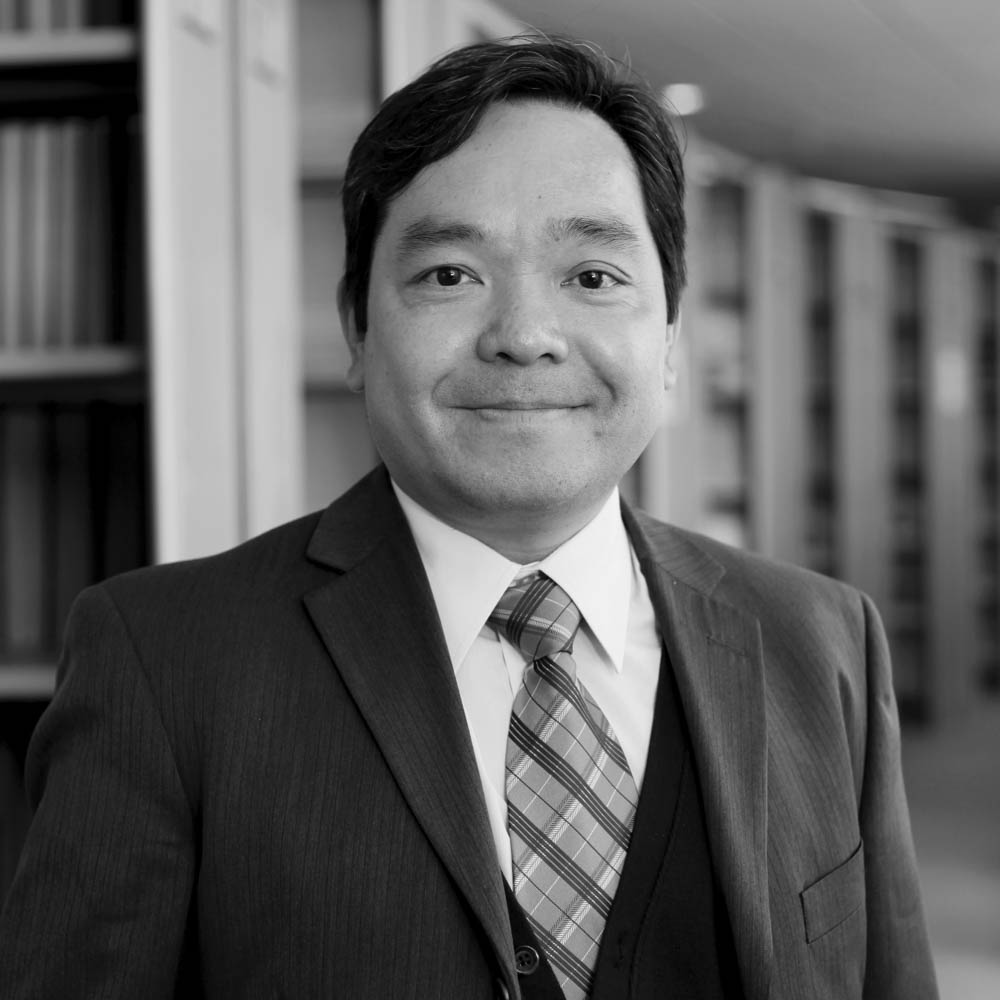
Professor Joshua Mok Ka-ho is the Vice-President and concurrently Lam Man Tsan Chair Professor of Comparative Policy of Lingnan University. Before joining Lingnan, he was the Vice President (Research and Development) and Chair Professor of Comparative Policy of The Hong Kong Institute of Education, and the Associate Dean and Professor of Social Policy, Faculty of Social Sciences of The University of Hong Kong. Prior to this, Professor Mok was appointed as the Founding Chair Professor in East Asian Studies and established the Centre for East Asian Studies at the University of Bristol, United Kingdom.
Professor Mok is no narrow disciplinary specialist but has worked creatively across the academic worlds of sociology, political science, and public and social policy while building up his wide knowledge of China and the region. Professor Mok completed his undergraduate studies in Public and Social Administration at the City University of Hong Kong in 1989, and received an MPhil and PhD in Sociology from The Chinese University of Hong Kong in 1991 and The London School of Economics and Political Science in 1994 respectively.
In addition, Professor Mok has published extensively in the fields of comparative education policy, comparative development and policy studies, and social development in contemporary China and East Asia. In particular, he has contributed to the field of social change and education policy in a variety of ways, not the least of which has been his leadership and entrepreneurial approach to the organisation of the field. His recent published works have focused on comparative social development and social policy responses in the Greater China region and East Asia. He is also the founding Editor-in-Chief of the Journal of Asian Public Policy (London: Routledge) and Asian Education and Development Studies (Emerald) as well as a Book Series Editor for Routledge and Springer.